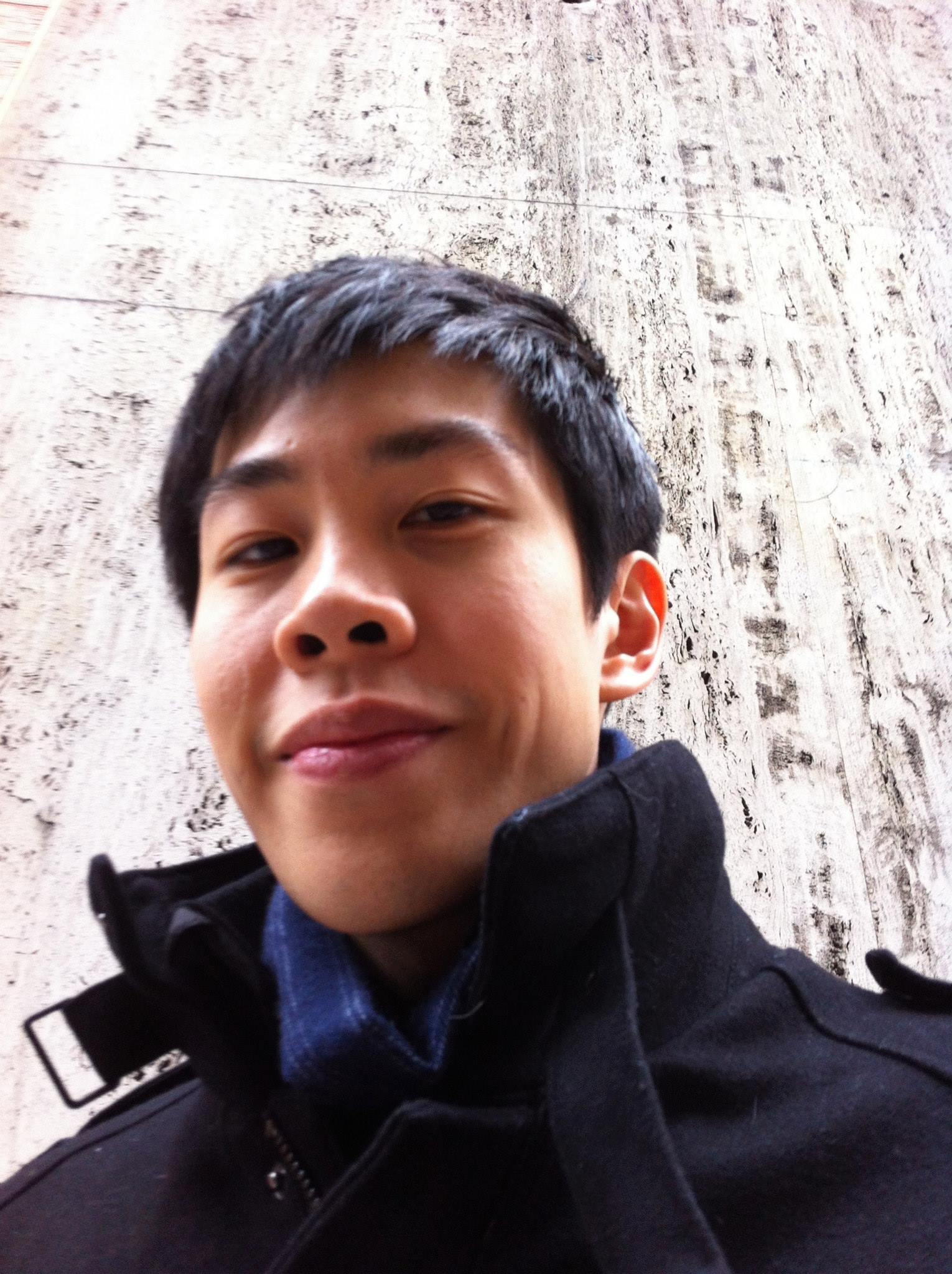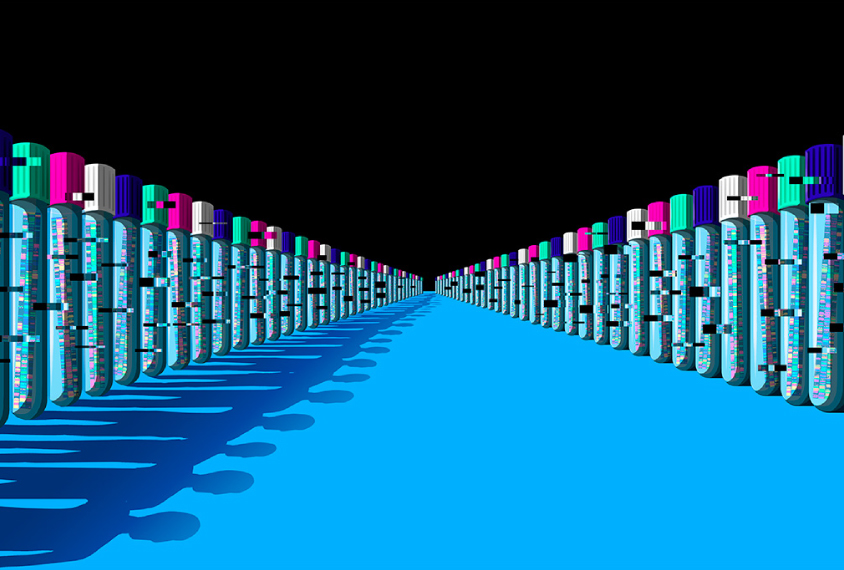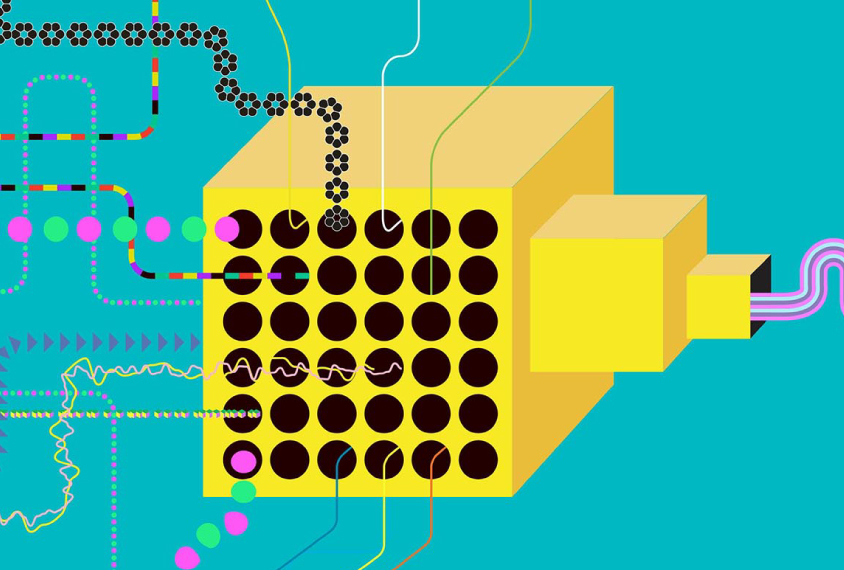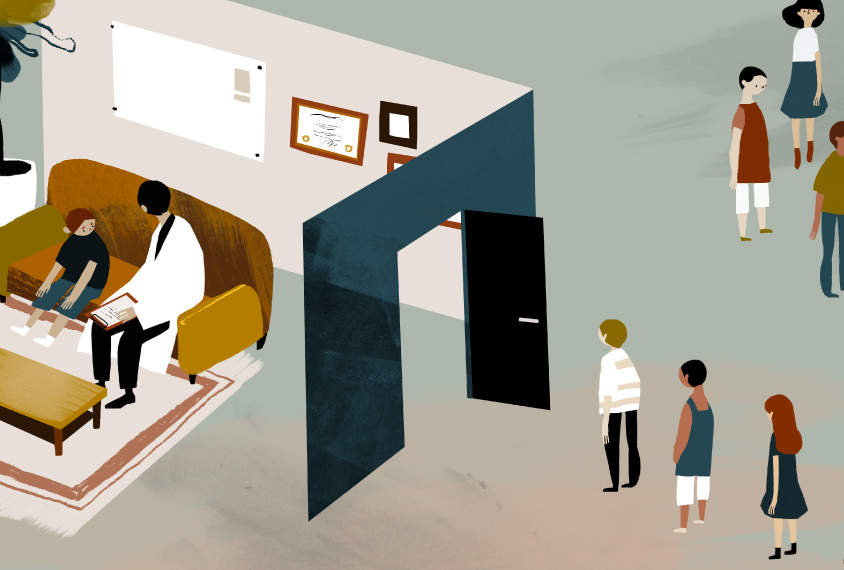Jeremy Hsu is a science and technology journalist who writes for publications such as Scientific American, Discover, Wired, IEEE Spectrum and Undark. His recent focus has been on how artificial intelligence techniques such as deep learning could impact society.

Jeremy Hsu
From this contributor
How scientists secure the data driving autism research
Protecting the privacy of autistic people and their families faces new challenges in the era of big data.

How scientists secure the data driving autism research
Un ordinateur peut-il diagnostiquer l’autisme?
L’apprentissage automatique (machine learning) présente une possibilité pour aider les cliniciens à repérer l'autisme plus tôt, mais des obstacles techniques et éthiques demeurent.
Why are there so few autism specialists?
A lack of interest, training and pay may limit the supply of specialists best equipped to diagnose and treat children with autism.
Can a computer diagnose autism?
Machine-learning holds the promise to help clinicians spot autism sooner, but technical and ethical obstacles remain.
Explore more from The Transmitter
Shifting neural code powers speech comprehension
Dynamic coding helps explain how the brain processes multiple features of speech—from the smallest units of sounds to full sentences—simultaneously.

Shifting neural code powers speech comprehension
Dynamic coding helps explain how the brain processes multiple features of speech—from the smallest units of sounds to full sentences—simultaneously.
Astrocytes orchestrate oxytocin’s social effects in mice
The cells amplify oxytocin—and may be responsible for sex differences in social behavior, two preprints find.

Astrocytes orchestrate oxytocin’s social effects in mice
The cells amplify oxytocin—and may be responsible for sex differences in social behavior, two preprints find.
Neuro’s ark: Spying on the secret sensory world of ticks
Carola Städele, a self-proclaimed “tick magnet,” studies the arachnids’ sensory neurobiology—in other words, how these tiny parasites zero in on their next meal.

Neuro’s ark: Spying on the secret sensory world of ticks
Carola Städele, a self-proclaimed “tick magnet,” studies the arachnids’ sensory neurobiology—in other words, how these tiny parasites zero in on their next meal.

